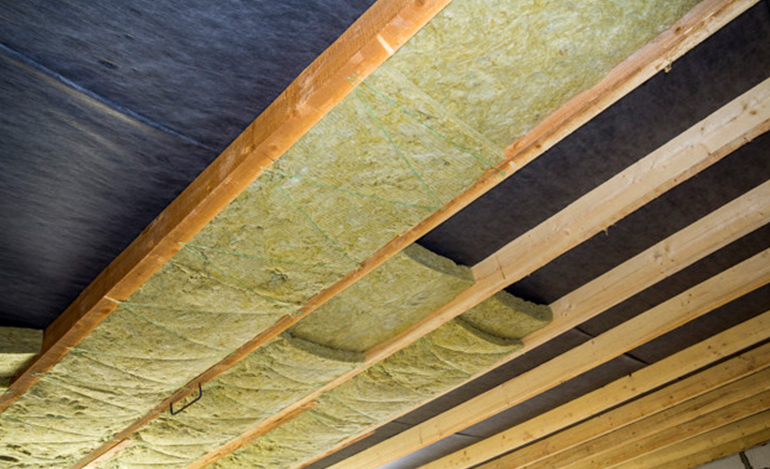Thermal acoustic insulation is designed to provide both thermal and acoustic protection to industrial equipment and structures. This type of insulation is typically used in applications that require both temperature control and noise reduction. It is particularly important in the oil and gas industry, where temperature and noise levels can have a significant impact on equipment performance and personnel safety.

The benefits of thermal acoustic insulation are numerous. First and foremost, it offers excellent temperature control, helping to keep equipment operating at optimal levels. By reducing heat loss, thermal insulation helps to lower energy costs and improve efficiency. It also provides additional protection against fire, which is especially critical in the oil and gas industry.
Acoustic insulation, on the other hand, helps to reduce noise pollution and protect workers from the harmful effects of excessive noise exposure. By reducing noise levels, it can improve productivity and safety on the job site. Acoustic insulation can also provide additional benefits, such as reducing vibration and improving structural integrity over time.
When it comes to choosing thermal acoustic insulation for industrial applications, there are a few key factors to consider. The type of insulation material used is an important consideration, as different materials offer different levels of thermal and acoustic protection. Some common types of insulation materials used in the oil and gas industry include fiberglass, mineral wool, and calcium silicate.
Additionally, the design and installation of the insulation system are critical to its effectiveness. Proper installation can ensure that the insulation is properly fitted and sealed to prevent air leaks and maximize its ability to provide thermal and acoustic protection. Regular maintenance and monitoring are also important to ensure that the insulation system remains effective over time.
In summary, thermal acoustic insulation is a vital component of industrial facilities in the oil and gas industry. It provides essential protection against heat loss and noise pollution, improving productivity and safety in the workplace. Selecting the right insulation material, design, and installation can help ensure that your industrial facility is operating at optimal levels and minimizing its environmental impact.